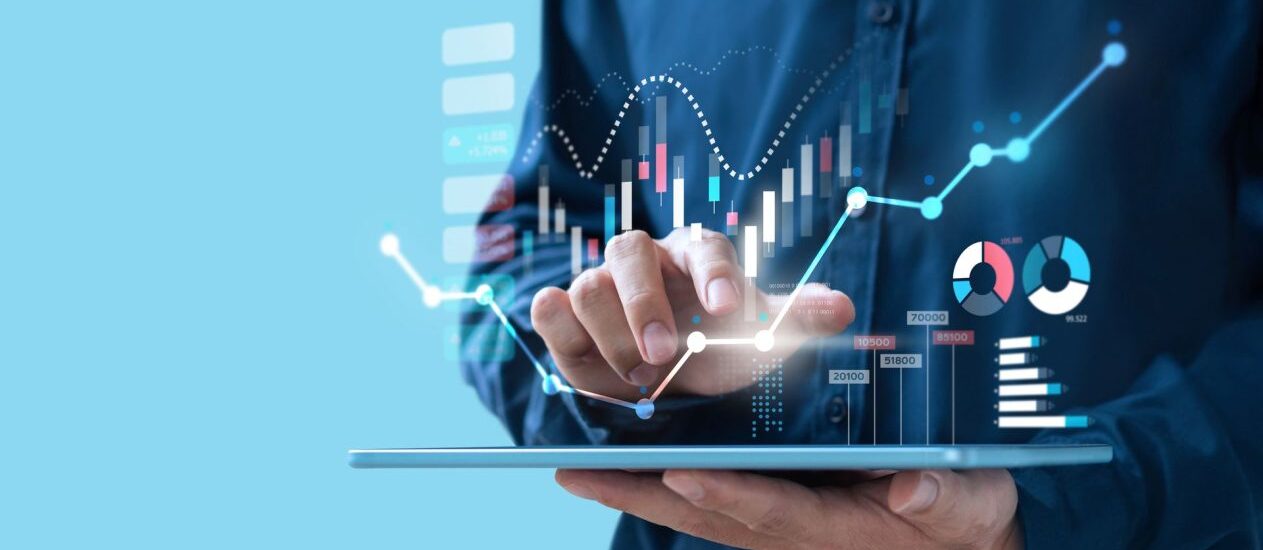As corporations realize their data’s importance, many battles have ensued with democratization and unlocking that value for stakeholders. There’s a fine line between sharing information widely and legally protecting and maintaining confidential data.
In response to privacy concerns, governments have enacted new legislation to protect residents’ information. Today’s organizations must optimize their data while complying with legislation like GDPR, CCPA, and Australia’s DPP. Data democratization benefits firms ready to tackle it.
What is data democratization?
Data democracy allows everybody in a company to use data to make better decisions. Everyone in the firm has access to data and the tools to use it successfully.
Sounds good, but is it a realistic goal? Do you want everyone in your company to see your sales pipeline prospects? Do sales executives need complete list access? Would you let a low-level employee download a customer list with names, addresses, and purchase history?
A company may need to protect secret information for business reasons. Effective data democracy must protect the company’s proprietary data. Data democracy is beneficial when your organization knows and addresses these concerns.
360-degree client view
Customers want a uniform, consistent experience in today’s digital world. Marketing departments have long tried to reach the appropriate customers with the right message. In today’s data-driven world, corporations may face this challenge head-on.
When your firm integrates, harmonizes, and enriches its customer data, you can generate a 360° perspective of every customer. Imagine giving everyone in your company a 360-degree picture of the consumer. This means a more effective message to existing clients and more effective promotional spending.
Product management can learn which audiences the organization serves now and in the future. It shows prospective new services and products to improve the company’s market share. It shows top management where the organization is performing and failing. An effective democratization program allows any individual or department to leverage the 360° perspective of the customer to create commercial value in new and unanticipated ways.
Innovation
Ground-up innovation is common. Frontline workers have an idea, explore potential, and share it with the team. Discussion and experimentation lead to discovery and a breakthrough. Centralized information control hinders inventive thinking.
Many organizations don’t inform stakeholders about available data. A corporation that promotes data democracy assumes innovation will occur with the right tools. Data democracy requires data quality and governance programs.
Seamless remote work
Self-service drives data democracy. This speeds up work. In a traditional office, you may stroll down the hall to chat to your IT colleague in person to expedite inter-departmental requests. A virtual office doesn’t function well, particularly when many workers have flexible hours.
Consider a marketing effort for your company’s existing consumers. You need a list of clients who bought an older edition of your main electronics product to understand your audience better. You assume many are ready to upgrade.
Before launching your ad, you want to know how many clients meet this demographic, where they reside, and their demographic profiles. In many firms, this means establishing a new IT ticket, describing your need, and waiting in line.
You choose and analyze the data in a company with a good data democratization program. Remote workers benefit from this self-service strategy.
Increased customer satisfaction
Data democratization doesn’t always empower employees. Customers must be empowered. Consider how a ride-sharing app works. Within moments, you’ll know where the closest drivers are and when your trip will arrive. The concept is the same: knowledge is power. Ride-sharing firms can improve customer experience by providing updated information.
Utility and telecom corporations are democratizing customer data. Users can download and evaluate their power usage to reduce consumption. Telecom firms offer call and data usage records. Governments also give citizens data. During the COVID crisis, citizens wanted to update case statistics, hospitalizations, etc.
People enjoy being informed. By sharing data, firms may improve customer service.






